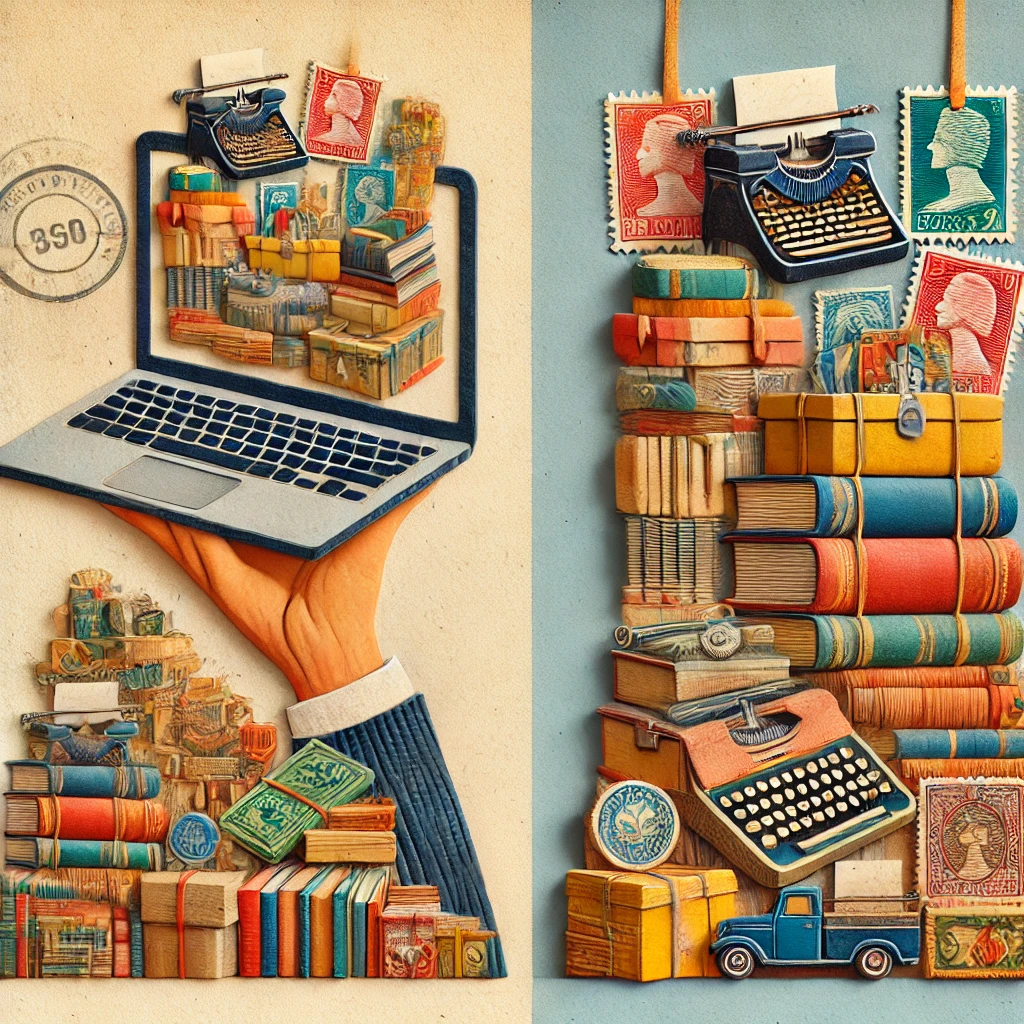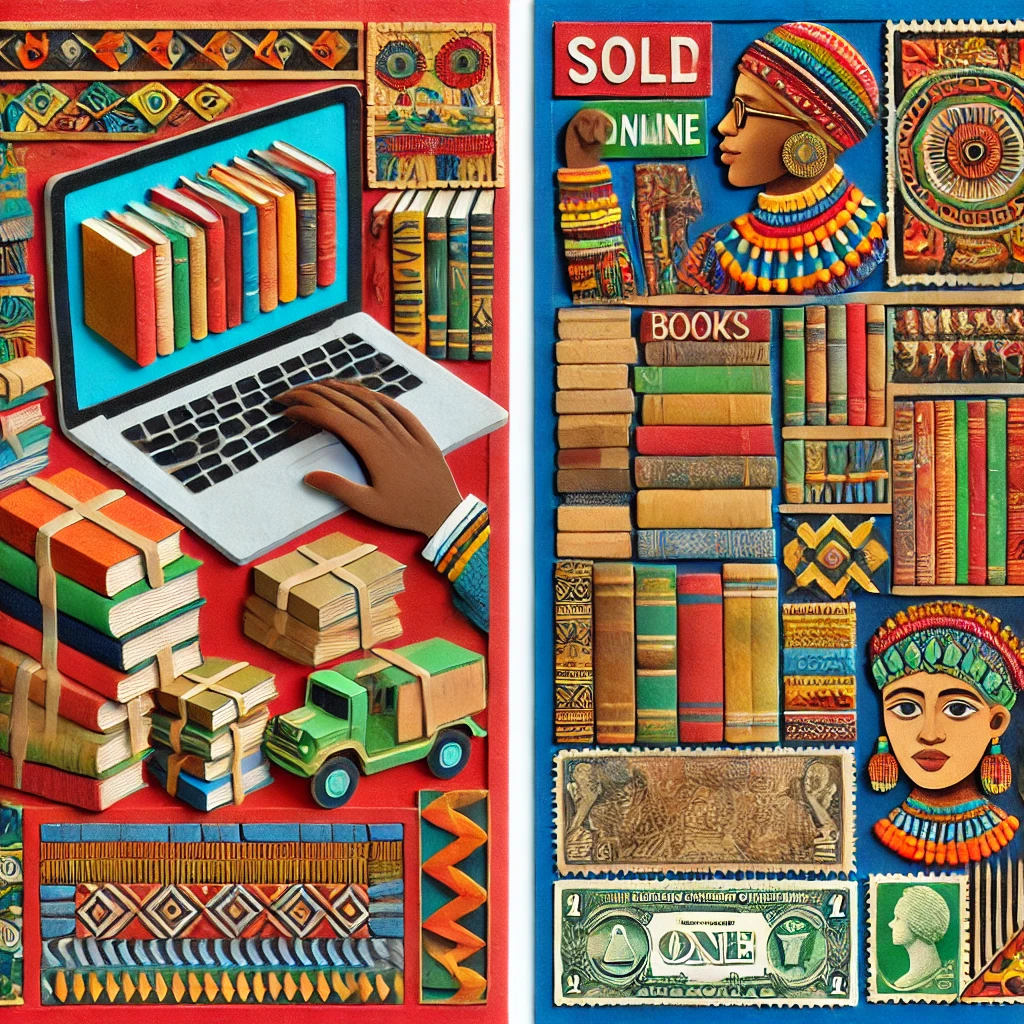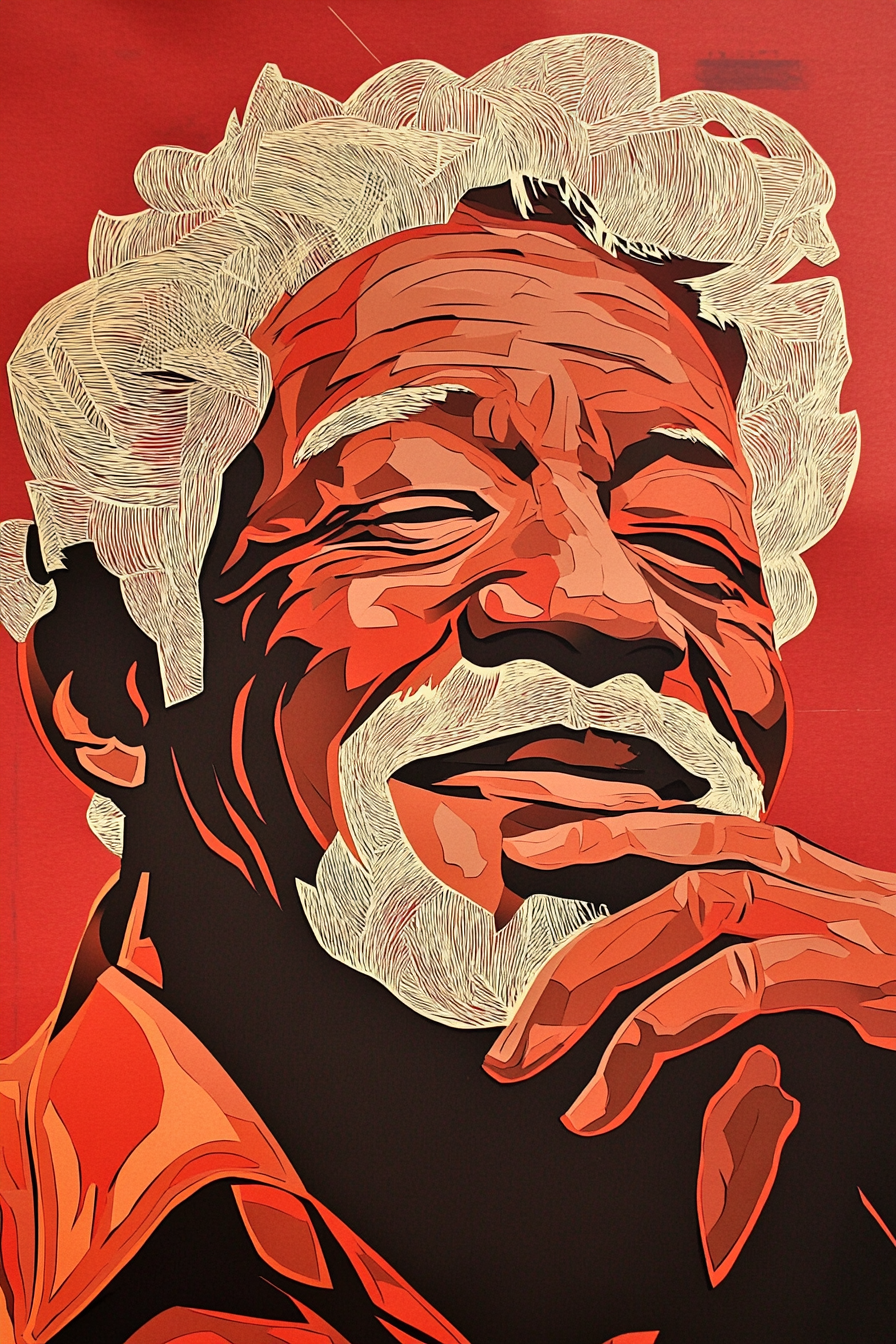How the art of flipping connects us to our past and shapes our future perspectives.
Cleaning out my property recently had me feeling like Fred Sanford from the hit show Sanford and Son. The clutter, the nostalgia, and the treasure trove of odds and ends reminded me of all the flipping I’ve done through the years. Whether it was items left behind by others, things I held onto too long, or purchases I made from Goodwill—bought for pennies with the hope of flipping them for profit—this has been my way of life. I’ve turned what’s available into something greater, a gift and a necessity that’s shaped who I am.
We are all given a certain amount of raw materials in this life. For some, it’s work ethic or brilliance, talent or skill, or just the innate ability to show up when it matters. If you’ve got all those things, consider yourself blessed. But outside of these intangible gifts, there are the physical, material things that fill our lives—the plastic, wood, paper, metal, and fabric that make up most of what we own. These materials are often combined with ingenuity, creativity, and human touch, transformed into tools, furniture, clothes, gadgets, and toys. Yet at their core, they are just that: plastic, wood, paper, metal, or fabric.

As I’ve gotten older, I’ve started to realize just how much of a weight these things can become. Our lives are spent consuming, amassing, stacking, and accumulating. What starts as a collection of useful or sentimental items can slowly turn into a burden—a physical and mental weight that’s hard to shake. Each object represents a moment, a memory, or an opportunity, but collectively they can feel overwhelming.
One of the biggest resources I have amassed is books. Over the years, I’ve stacked and stacked, and now I’m selling them on Amazon daily—used books, new books, and collectibles. This has become a steady outlet, a way to transform the weight of accumulation into something productive. Beyond books, I even have thousands of vintage postage stamps. If I could sell it all in one fell swoop, I would. But that’s not a real thing unless I meet someone young and hungry enough to take on this madness. Most young people today are savvy; they know that less is more. They’re digital nomads, living online, thriving on hacks, and avoiding the offline arena entirely. To them, this world of books and collectibles is a dinosaur, and reading itself has become less about the physical act and more about absorbing information in new ways.
Meanwhile, I am here, stuck with these material items, letting them go day by day to sustain my gift and get back to where I truly belong: behind the keyboard. Flipping items has taught me a lot about value—not just the monetary kind, but the intrinsic worth of things and the energy they take up in our lives. I’ve learned that holding onto something just because it might be worth something someday can lead to a life filled with “what-ifs” instead of meaningful actions. And it’s not just about the stuff; it’s about the mindset that comes with it.
We’re all flippers in a way, trading our time, talents, and resources to make a little more, to be a little better. But there’s a fine line between flipping and hoarding. Between seeing potential in something and letting it take over your life. Between creating value and being weighed down by the endless pursuit of it.

Downsizing is my way of stepping back from that weight and taking stock of what truly matters. It’s a process of asking hard questions: Do I need this? Does this serve me anymore? Could someone else find more value in this than I ever will? It’s not always easy to let go, especially when the items carry memories or represent dreams you’ve yet to fulfill. But letting go isn’t just about clearing space; it’s about making room for new opportunities, new memories, and new dreams.
As I clear out my space and reflect on my life of flipping, I’m reminded that life itself is a series of trades. We trade our time for money, our energy for progress, and our possessions for freedom. The raw materials we’re given—our talents, our skills, our intelligence—are the foundation of what we can build. But we can’t build anything meaningful if we’re drowning in stuff.
So I’m learning to flip my perspective, too. To see value not just in what I can gain, but in what I can let go of. To appreciate the simplicity of having just enough. And to remember that while plastic, wood, paper, metal, and fabric may make up the world around us, it’s what we do with them that truly defines us.





